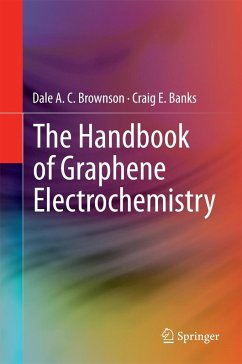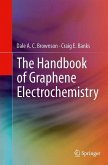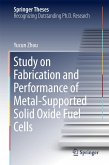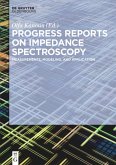Graphene has grasped the attention of academia and industry world-wide due its unique structure and reported advantageous properties. This was reflected via the 2010 Nobel Prize in Physics being awarded for groundbreaking experiments regarding the two-dimensional material graphene. One particular area in which graphene has been extensively explored is electrochemistry where it is potentially the world's thinnest electrode material. Graphene has been widely reported to perform beneficially over existing electrode materials when used within energy production or storage devices and when utilised to fabricate electrochemical sensors.
This book charts the history of graphene, depicting how it has made an impact in the field of electrochemistry and how scientists are trying to unravel its unique properties, which has, surprisingly led to its fall from grace in some areas. A fundamental introduction into Graphene Electrochemistry is given, through which readers can acquire the tools required to effectively explain and interpret the vast array of graphene literature. The readers is provided with the appropriate insights required to be able to design and implement diligent electrochemical experiments when utilising graphene as an electrode material.
This book charts the history of graphene, depicting how it has made an impact in the field of electrochemistry and how scientists are trying to unravel its unique properties, which has, surprisingly led to its fall from grace in some areas. A fundamental introduction into Graphene Electrochemistry is given, through which readers can acquire the tools required to effectively explain and interpret the vast array of graphene literature. The readers is provided with the appropriate insights required to be able to design and implement diligent electrochemical experiments when utilising graphene as an electrode material.








